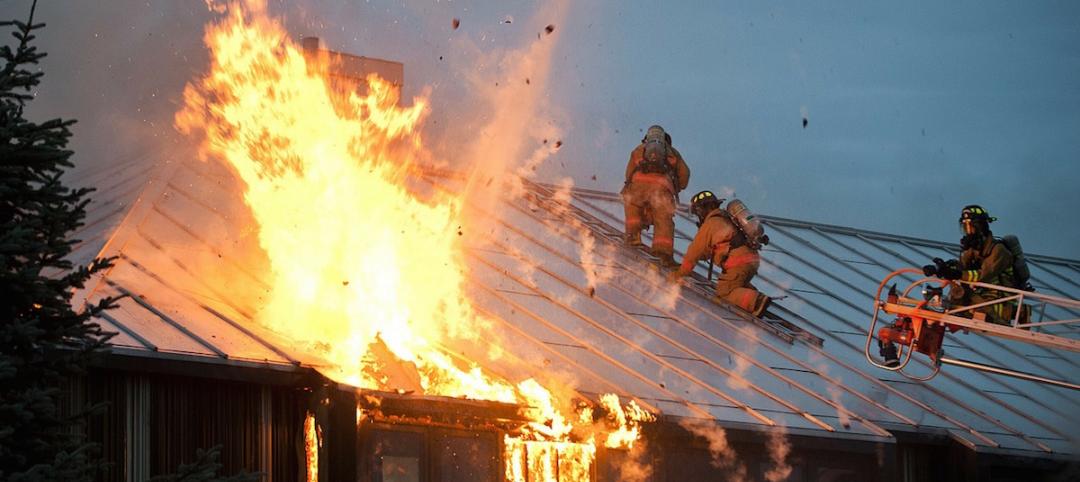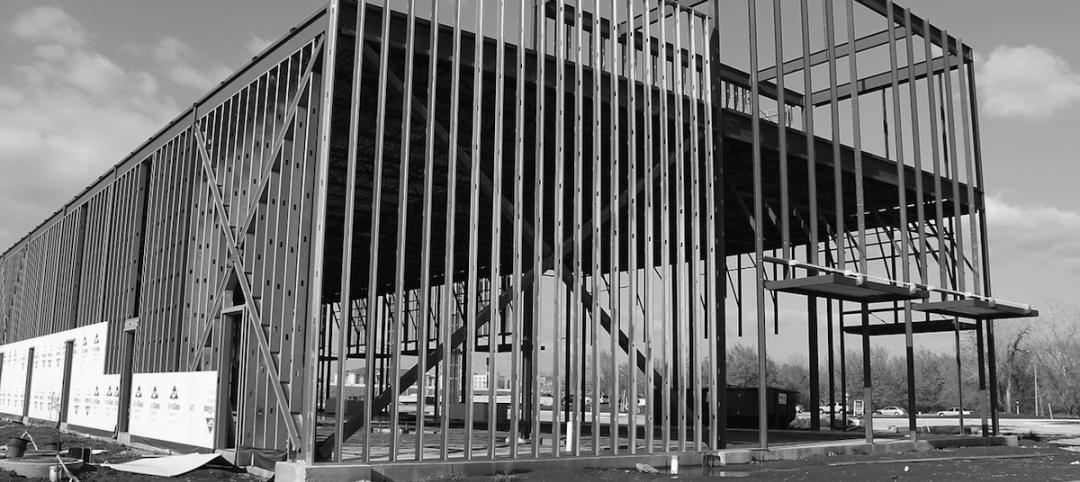Gundersen Health System, a network of hospitals, medical clinics, and nursing homes in Wisconsin, announced that it is producing more energy than it consumes, making it the first net-zero energy health system in the U.S.
Gundersen is using biogas from three local farms, methane from a local landfill, wood chips from local suppliers, solar panels installed on a parking lot, geothermal systems, and wind from two local projects. Energy consumption has been reduced by 40%, saving $2 million a year. The network also earns $2 million by selling surplus electricity and manure byproducts of biogas production.
"We did not set out to be the greenest health system, we set out to make the air better for our patients to breathe, control our rising energy costs, and help our local economy,” according to CEO Jeff Thompson. The accomplishment is particularly noteworthy given the industry and the climate, Thompson says.
He notes that hospitals typically consume 2.5 times more energy than commercial buildings, and Wisconsin’s harsh winters make it one of the most energy-intensive climates in the nation. Gundersen has also made great strides in waste reduction. Hazardous and pharmaceutical waste has been reduced by 40%, food waste by 70%, and styrofoam waste has been eliminated.
(http://www.sustainablebusiness.com/index.cfm/go/news.display/id/26068)
Related Stories
Codes and Standards | Jun 24, 2015
Balcony collapse in Berkeley, Calif., prompts an examination of codes
Dry rot and too much weight appear to be the causes of a fatal accident at an eight-year-old building in Berkeley, Calif.
Codes and Standards | Jun 18, 2015
Guides to wood construction in high wind areas updated
The guides establish prescriptive, wind-resistive structural requirements for wood-frame buildings of different sizes and shapes.
Codes and Standards | Jun 18, 2015
New document addresses school safety and security
In an effort to balance security and fire safety features within codes, standards and planning, NFPA hosted a two-day workshop, “School Safety, Codes and Security”, last December. The findings are now available in an NFPA report.
Codes and Standards | Jun 18, 2015
Two myths regarding NFPA 101 Life Safety Code debunked
NFPA life safety engineer Ron Coté settles the debate over second egress doors and exit signs.
Codes and Standards | Jun 18, 2015
How to prevent corrosion in sprinkler system piping
The technical committees responsible for NFPA 13, Installation of Sprinkler Systems, have been looking at ways to eliminate or reduce corrosion in sprinkler systems for several revision cycles.
Codes and Standards | Jun 11, 2015
Steel Framing Alliance updates ‘Thermal Design and Code Compliance for Cold-Formed Steel Walls’ design guide
Includes results of new tests and addresses IECC and ASHRAE compliance paths.
Codes and Standards | Jun 11, 2015
Helena, Mont., may charge commercial developers a fee to fund public art
The fee would apply to new construction or alteration of nonresidential buildings of at least 20,000 sf.
Codes and Standards | Jun 11, 2015
DBIA releases new document on choosing a project delivery method
Provides owners and others with factors to consider when choosing the best method of delivery for their project.
High-rise Construction | Jun 5, 2015
Japanese policymakers discuss mandate for toilets in elevators
This quirky-sounding building code is a safety measure for the earthquake-prone nation.
Codes and Standards | Jun 4, 2015
OSHA publishes guide to restroom access for transgender workers
The guide advises employers to allow employees to use restrooms that correspond to their gender identity.
















